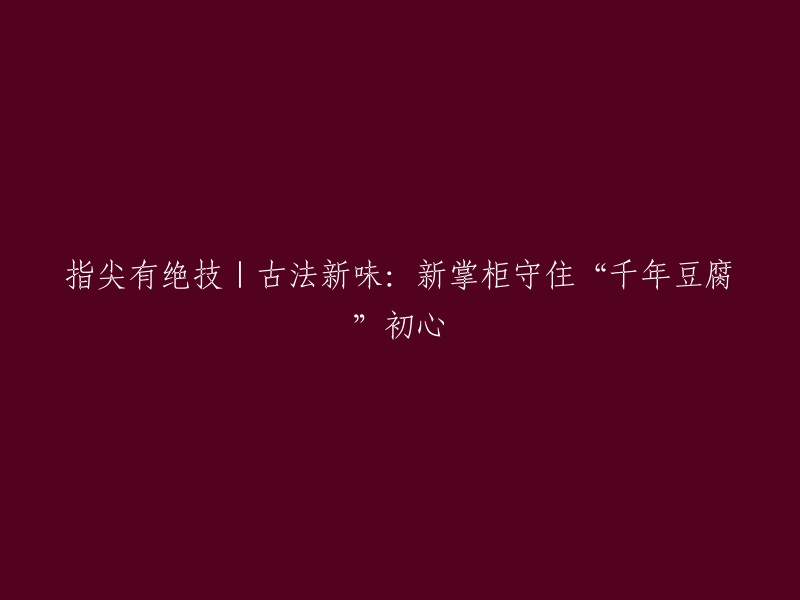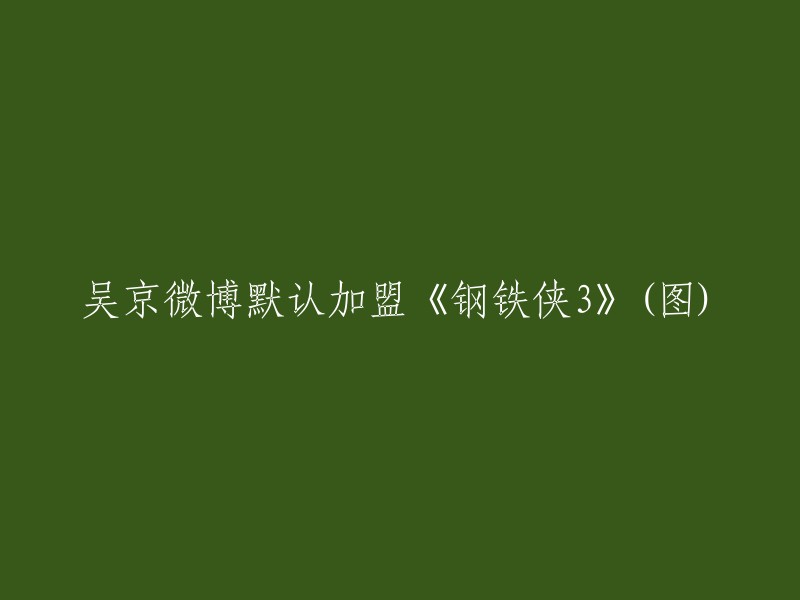请允许我为您重构这段内容,并保持段落结构。以下是中英文对照的重构版本:
[中英文稿]
考虑一下这个对所有人来说都很不幸却又熟悉的情景。几个月前,一种传染性极强,且有可能致命的呼吸道病毒首次席卷了人类社会。其传播速度之快,让各个公共健康防疫系统措手不及。现在,世界卫生组织(WHO)宣布疫情升级至“大流行”,意味着病毒已在世界各地蔓延。死亡人数开始上升的同时,每个人都在问同样的问题:大流行什么时候结束?
[站内视频链接]
世界卫生组织宣布大流行结束的前提是,疫情得到一定的控制,并且在全世界范围内传播速度出现大幅下降。但是准确的结束时间取决于全球政府下一步的应对策略。他们主要有三种选择:
[中英文稿]:
Now the World Health Organization (WHO) has declared a pandemic, meaning that it's spreading worldwide. The death toll is starting to rise and everyone is asking the same question: when will the pandemic end? The WHO will likely declare the pandemic over once the infection is mostly contained and rates of transmission drop significantly throughout the world. But exactly when that happens depends on what global governments choose to do next. They have three main options:
[中英文稿]:
然而,确切的结束时间取决于全球政府下一步的应对策略。他们主要有三种选择:
There are three strategies that can be pursued to combat this pandemic: Race through it, Delay and Vaccinate, or Coordinate and Crush. While each approach has its own merits, one stands out as the clear best course of action: coordinate a global effort to eliminate the virus.
This strategy is often viewed as the most effective means of combating the pandemic, and it may not be what you think. In the first option, governments and communities do nothing to halt the spread of the disease and instead allow people to be exposed as quickly as possible. Without time to study the virus, doctors know little about how to save their patients, and hospitals reach peak capacity almost immediately. As a result, somewhere in the range of millions to hundreds of millions of people die, either from the virus or the collapse of health care systems.
Soon after, the majority of people have been infected with the virus, and either perish or survive by building up their immune responses. Around this point, herd immunity kicks in, meaning that enough people have become immune to the virus through either natural infection or vaccination that it becomes unsustainable for the remaining population. The virus begins to decline in prevalence until it eventually disappears altogether.
The benefits of this coordinated global effort are numerous. First and foremost, it would ensure that everyone has access to vaccines regardless of their location or socioeconomic status. It would also provide a sense of unity and shared responsibility in addressing the crisis. Additionally, by working together as a global community, we would be better equipped to identify potential future threats and develop more effective responses in advance.
In conclusion, while there are several options available to us in dealing with this pandemic, coordinated global efforts to eliminate the virus should be at the forefront of our thinking. By working together, we can minimize suffering and ensure a brighter future for all.
The virus continues to spread, finding new hosts in communities all over the world. As it moves from host to host, it can infect a growing number of people, making it even more difficult to contain. This is where the pandemic comes into play - as the virus continues to spread and infect more and more people, the situation becomes increasingly dire. Eventually, the virus will reach a point where it can no longer find new hosts, and the pandemic will begin to fizzle out. However, this doesn't mean that the end is in sight just yet - the virus can still continue to spread until it is finally contained.
But there is another way to create herd immunity without such a high cost of life. We can reset the clock to the moment when the WHO declared the pandemic - and this time, governments and communities around the world can slow the spread of the virus to give research facilities time to produce a vaccine. They do this through tactics that may include widespread testing to identify carriers, quarantining the infected and people they've interacted with, and physical distancing. By taking these steps, they buy this crucial time - time for researchers to develop a vaccine that can protect against the virus.
Even with these measures in place, the virus slowly spreads, causing up to hundreds of thousands of deaths. But by working together and taking these steps, we can help to slow the spread of the virus and ultimately bring an end to this pandemic. So let's work together - let's reset the clock, slow the spread of the virus, and give researchers the time they need to create a vaccine. Only then will we be able to protect ourselves and our communities from this terrible disease.
Some cities managed to get their outbreak under control and return to business as usual, only to have a resurgence. This was followed by the need for them to go back to physical distancing when a new case passed through. However, within the next several years, thanks to a worldwide effort, one or possibly several vaccines will become widely, and hopefully freely, available. Once 40-90% of the population has received it—the precise amount varying based on the virus—herd immunity kicks in, and the pandemic fizzles out.
Let's rewind the clock one more time and consider the final strategy: Coordinate and Crush. The idea here is to simultaneously starve the virus everywhere through a combination of quarantine, social distancing, and restricting travel. The critical factor is to synchronize responses. By doing so, we can ensure that the spread of COVID-19 is contained at an international level. It would require global collaboration and cooperation to achieve this goal. If countries could coordinate their response effectively, they could help each other contain the virus and prevent it from spreading further. Ultimately, it would be possible to end this pandemic once and for all. In conclusion, while there are different strategies for dealing with COVID-19, coordinated efforts and cooperation are essential for achieving herd immunity and containing the pandemic.
在全球范围内应对疫情的关键在于全球的同步响应。在典型的疫情大流行中,当一个国家成为疫情震中时,其他国家很可能就会逐渐出现感染病例。因此,各国领袖应该将全球看作一个互相联系的整体,而不是各自应对本国境内发生的疫情。如果采取适当的协作措施,大流行就会在数个月内结束,因疫情死亡的人数也会大大减少。
但是,除非病毒被彻底根除 ——这一情况发生的可能性不大——否则疫情大流行很有可能卷土重来。同时,动物携带和传播病毒等因素也可能会破坏我们在抗疫方面做出的努力。
Racing through it is a quick fix, but would be a global catastrophe.
任由病毒蔓延或许见效快, 但会造成全球性的灾难。
Moreover, it may not work at all if people can be reinfected.
而且,如果人们有可能被二次感染,这种方法就是完全无效的。
Crushing the virus through Coordination alone is also enticing for its speed.
全球合作抗击疫情听起来十分高效。
However, this can only be reliable with true and nearly impossible global cooperation.
但只有在彻底且不太可能实现的合作中才有机会成功。
This is why vaccination, assisted by as much global coordination as possible,
所以,尽可能联合全球研发疫苗
is generally considered to be the winner;
普遍被认为是最佳的选择;
it's the slow, steady, and proven option in the race.
这是在与疫情赛跑中的一个缓慢、稳定且被证实有效的做法。
In fact, even if the pandemic officially ends before a vaccine is ready,
甚至在疫苗面世之前大流行就已结束,
the virus may reappear seasonally, so vaccines will continue to protect people.
但病毒仍有可能季节性出现,所以疫苗会继续保护人们。
And although it may take years to create,
虽然疫苗的研发可能要耗费数年的时间,
disruptions to most people’s lives won’t necessarily last the full duration.
但对大多数人来说,疫情的影响不会一直持续。
Breakthroughs in treatment and prevention of symptoms have made viruses much less dangerous, reducing the need for extreme containment measures. These advancements have given us hope that we can keep future potential pandemics under control, so much so that our children's children may not even know its name.
The impact of these breakthroughs is both positive and long-lasting. Social services and systems have improved, and the benefits can be used to the betterment of everyone. However, it is essential to take inspiration from both successes and failures, learning from them to ensure the best possible outcomes in the future.
If we can apply this knowledge and continue to innovate, we can effectively manage any potential pandemic. The world has witnessed such instances in the past, with each one providing valuable lessons that helped shape our approach to handling similar situations in the future.
In conclusion, while the current pandemic may be challenging, there is reason for optimism. Breakthroughs in treatment and prevention have already shown their effectiveness, and if we continue to learn from our experiences and remain vigilant, we can successfully contain any potential outbreaks in the future. Our collective efforts can ensure that future generations do not have to endure the same hardships as we do today.
很抱歉,您提供的内容似乎不太清晰或格式化。请提供一个更具体的问题或主题,我将很高兴地帮助您重构内容并保持段落结构。






